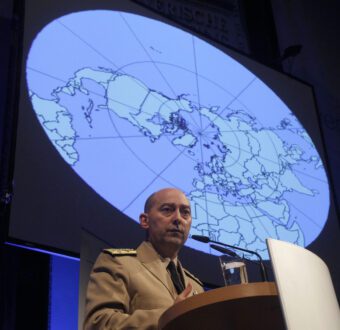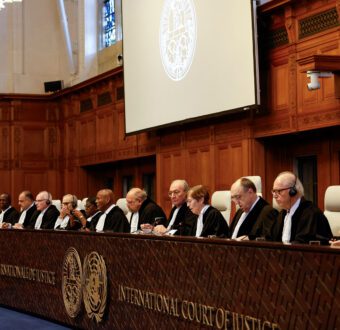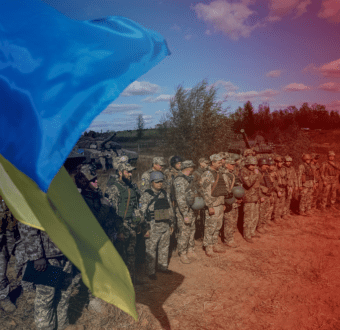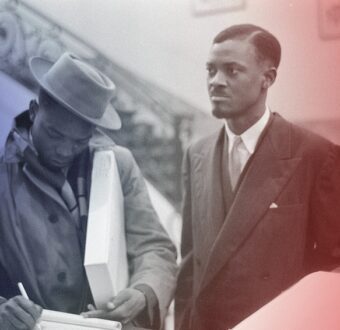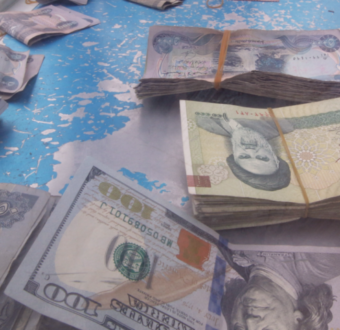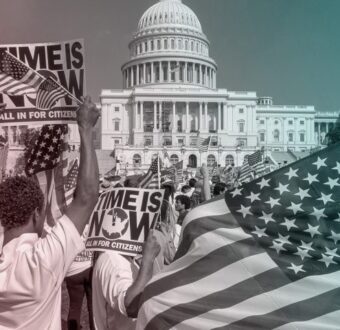From Fire and Fury to Flattery
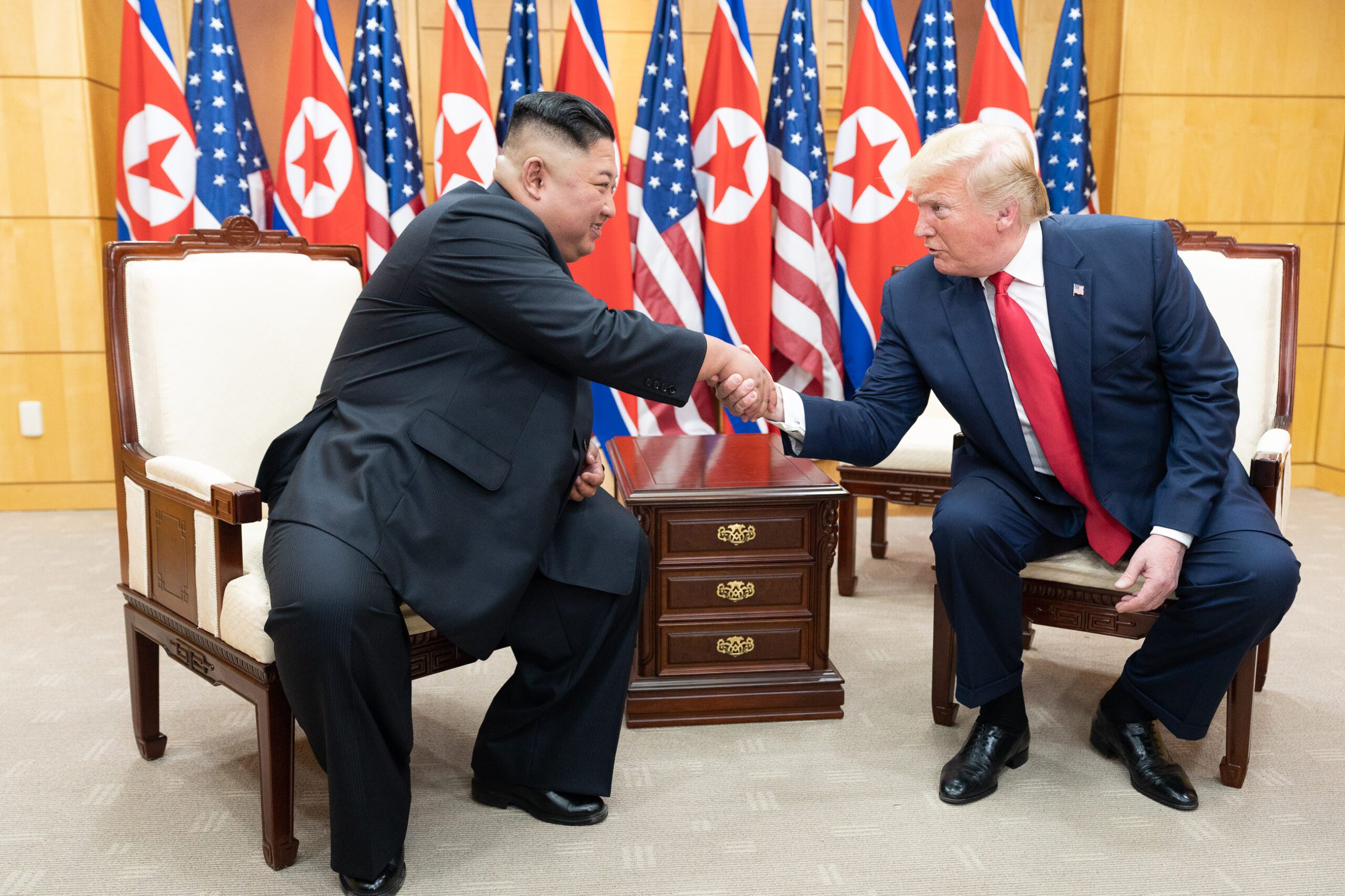
An Unintended Consequence of Preventive War
By Mark Hannah
This article appeared in RealClear Defense on July 20, 2018. It includes references to the Eurasia Group Foundation, now known as the Institute for Global Affairs.
When President Trump shook hands with Kim Jong Un in Singapore earlier this week, many were stunned to see a hermit kingdom elevated and a superpower stooped. They were disturbed by the spectacle and symbolism of American and North Korean flags tightly interspersed even if they agree with what President Obama said during the Iran talks: “You don’t negotiate deals with your friends. You negotiate them with your enemies.”
To be sure, Americans strongly prefer diplomacy with North Korea to eventual military action. But without the threat of nuclear weapons, North Korea is nothing more than a regional nuisance, hardly a formidable foe or global menace—so how did we arrive at a moment when the American president must meet the North Korean dictator as a peer?
One largely unacknowledged reason is our legacy of aggressive interventions in Iraq and Libya. To understand this, one must understand the interests—and hopes and fears—of the North Korean leader. Kim Jong Un inherited the country from his father and grandfather, consequently causing his entire personal and family identity to be wrapped up in this vocation. In this context, he has a big ego—but in another, he’s deeply insecure. His country is broke, and his people are starving. Kim can check the military might of neither his main adversary (the United States) nor his only ally (China).
His main goal is to preserve his monopoly on political power, what he views as his birthright and heirloom. Ultimately, he does not want his motorcade to be stopped for his execution in an irrigation ditch like Libya’s Qaddafi or to be hunted out of a hole and hanged in a viral video like Iraq’s Hussein.
…
Read more of this article in RealClear Defense
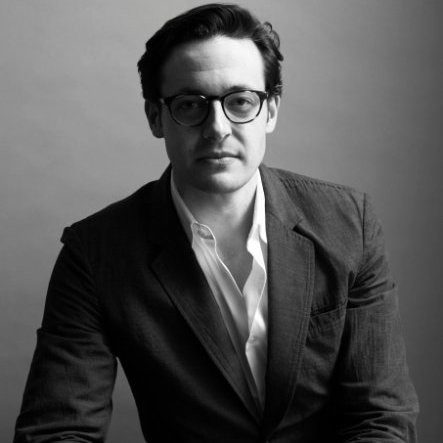
Written by Mark Hannah
Mark is a senior fellow with the Independent America project at the Institute for Global Affairs and the host of IGA’s podcast, None Of The Above.
Read more from Mark
This post is part of Independent America, a research project led out by IGA senior fellow Mark Hannah, which seeks to explore how US foreign policy could better be tailored to new global realities and to the preferences of American voters.
